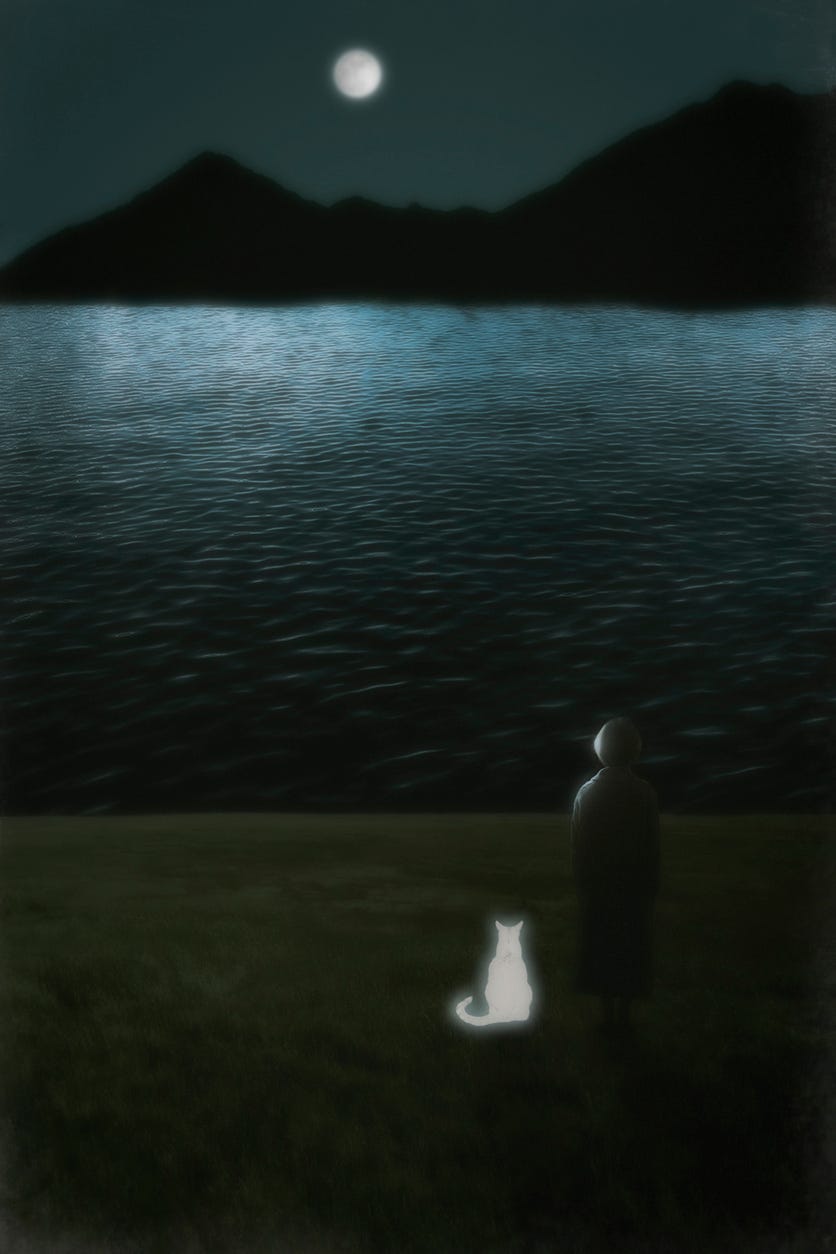You’ve heard the phrase—children should be seen and not heard. How many of us grew up with that rule?
You become conditioned to assess your risk if you have ideas you want to share, if you have an opinion, especially if you disagree with the authority figures. It was not popular to be smart. Or to show it. I was taught, be quiet and let the men lead. No one likes a woman to say too much. (Or anything really.)
And of course: “Men don’t make passes at girls who wear glasses.” If you read a lot in the dark under a blanket with a flashlight, one day you might need to get glasses. At say, nine years old, in my case. But I loved books. And words. And they were an escape.
So many of us now, especially women, are coming to, slinking toward, or rushing pell-mell—depending on your pressing need and assessed risks—to write memoir courageously, saying out loud and to anyone who will listen, especially ourselves, “I am finding my voice.” Or “I need to find my voice, myself, my truth.” And variations on those themes.
For many of us it’s “I need to write my story to understand my life.”
So many students I’ve heard over the last thirty years have said, “Writing my story saved my life.”
That is a big deal.
There will always be voices that silence us, and some of them come from inside our own heads. Voices from the past, the conditioning that we know too well. It’s so embedded we can’t tell what it true and what is not. But even with those old voices, there is another voice, perhaps it’s not just a voice but more like a burning inside, an urging, a whispering that you do have a story to tell, that you need to write it and soon. After shy beginnings, you find that you want your story and your ideas and words to reach outward beyond your journal and into the larger world. So you write a memoir.
I have heard this wish, this whispered desire from so many people. Regular people, women who even at the age of 70 are saying to me, I just need to do this. Write this. Can you help? Can you listen? I don’t know if I can write, but I must. It’s trying to get it all out of me onto the page, but I’m not a real writer, I’m just a regular person.
We are all regular people, really. Mary Karr, Cheryl Strayed, Reyna Grande, Tobias Wolff, and all the well-known memoirists were regular people with stories that demanded to be told. Stories that could not be pushed away. Stories that were born phrase by phrase from the depths of memory and pain. And hope.
But there is a collective holding of breath right now. People whisper to each other, what if. Can I be safe—what will happen next?
Or course, what is before us is the election and huge divides of beliefs and permissions, especially for women and people who are not white or privileged. And even if we try to stay away from the TV as much as possible, it still trickles through, the poison. The denigration of human beings, especially those who speak up. Those who have dissenting opinions about freedom of voice and speech. Freedom to Be.
But we do have our voice, still. It is part of our True Self. It will always be there. It’s a matter of finding the words and stringing them together, whether in a private journal or out in the world in your writing group or in your new book.
To inspire and comfort myself in the midst of this last week before the election I started reading Alexei Navalny’s Patriot. A memoir scrawled in the darkness of Soviet nights in solitary. A memoir that begins with his dying on an airplane and goes on to tell us all the ways he would not be silenced. putting dangerous words and ideas about freedom out into the world.
At this time, we all need each other’s stories, and we need to stick together and keep writing. We writers are a strong force in the world, all of us with our unique true words and our stories, breaking through all the silences around us. Keep writing, one word at a time.





Love the photo of the white cat against the blue-black depths, like a ghost of hope in these dark times. And the message of courage to raise our voices especially in the most silencing of situations.
Love your words, "But we do have our voice, still." Thank you for those simple, yet powerful words. Enjoyed this meaningful piece.